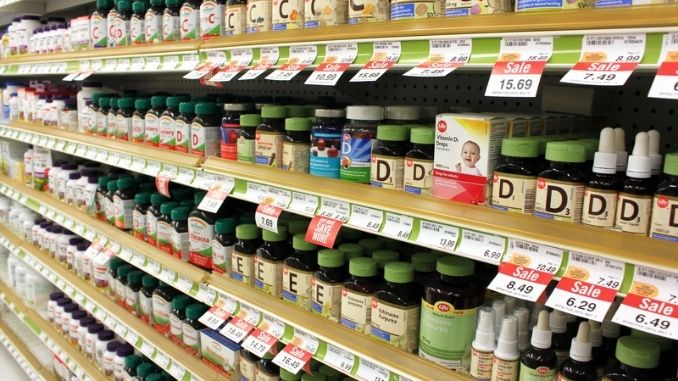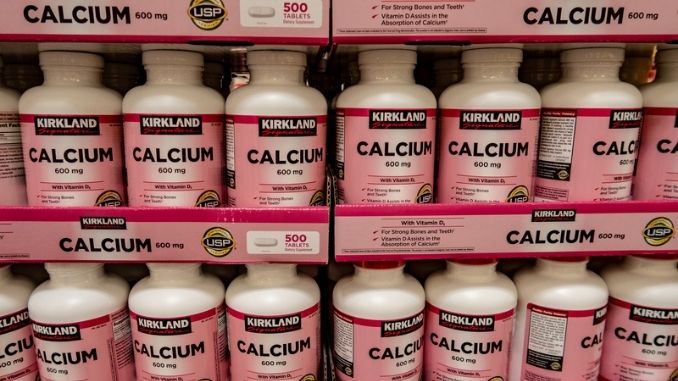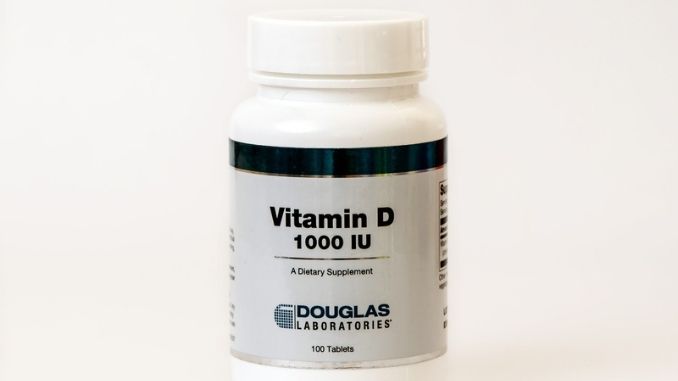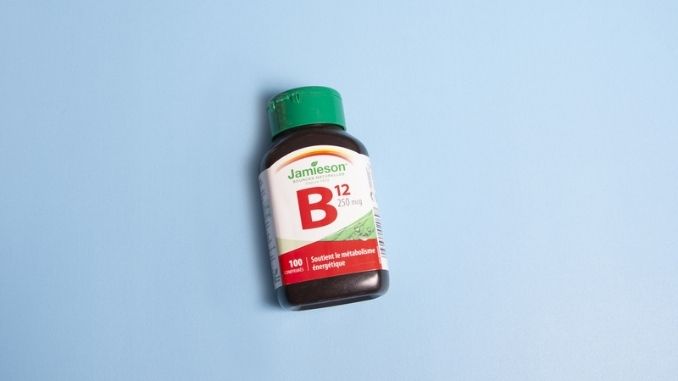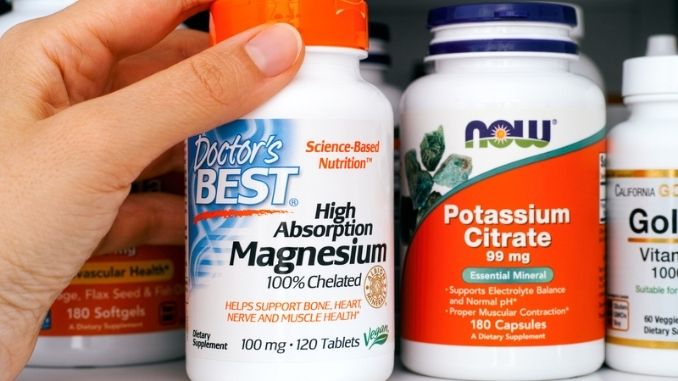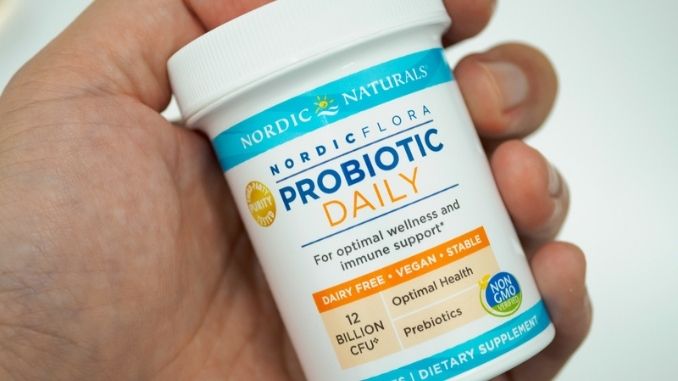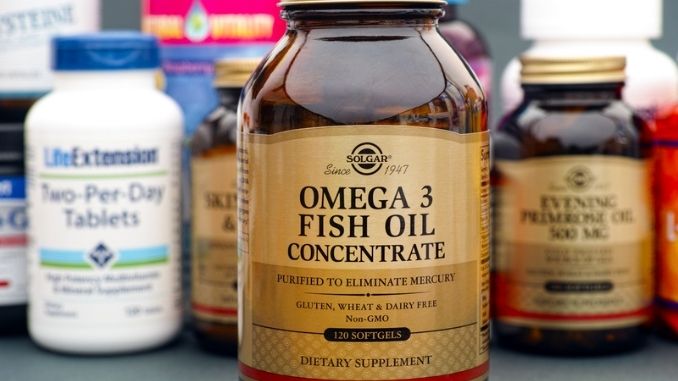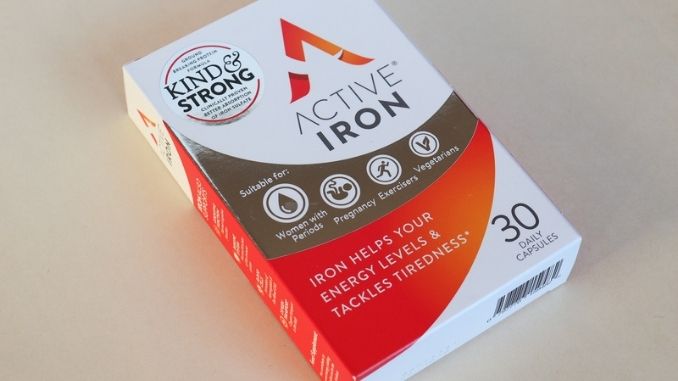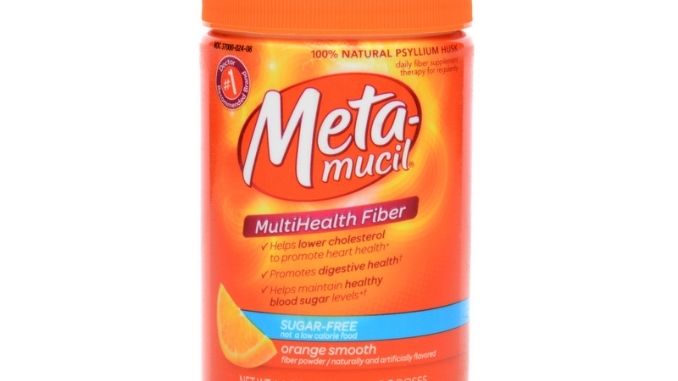Optimal nutrition is one of the most important determinants of healthier aging, reducing the risk of disability, maintaining mental and physical functions, and thus preserving and ensuring a better quality of life. Dietary intake and nutrient absorption naturally decline with age, thus increasing the risk of malnutrition, morbidity, and mortality. There are many benefits that come with taking supplements as you age. Keeping tabs on your nutrition as you grow older will help keep your mind clear and avoid feeling fatigued or weak during stressful times.
Specific nutrients might potentially prevent and reduce co-morbidities in older adults. But what are the most common conditions an older adult or a senior could face, given the inevitable effects of aging? Let’s look at the list of these common conditions and the appropriate supplement for the deficiency.
Osteoporosis
Osteoporosis is a bone disorder when the body loses too much bone, makes too little bone, or both. As a result, bones become weak and brittle — so brittle that a fall or even mild stresses such as bending over, coughing, or sneezing, can cause a fracture. The leading cause of osteoporosis is bone loss due to a drop in your body’s estrogen levels.
Estrogen is a hormone that helps build and maintain your bones. The most common cause of estrogen loss in women is menopause. Being underweight also increases the chance of bone loss and fractures. Excess weight is now known to increase the risk of fractures in your arms and wrists. Maintaining appropriate body weight is suitable for your bones, just as it is for health in general.
Recommended Supplement: Calcium
Calcium is needed for your heart, muscles, and nerves to function correctly and blood clot. Many published studies show that low calcium intake throughout life is associated with low bone mass and high fracture rates. A calcium deficiency significantly contributes to the development of osteoporosis.
Men and women between the ages of 18 and 50 need 1,000 milligrams of calcium a day. This daily amount increases to 1,200 milligrams when women turn 50 and men turn 70. Although a balanced diet aids calcium absorption, high levels of protein and sodium (salt) in the diet are thought to increase calcium excretion through the kidneys. Excessive amounts of these substances should be avoided, especially in those with a low calcium intake.
If you have trouble getting enough calcium in your diet, you may need to take a calcium supplement. The amount of calcium you will need from a supplement depends on how much calcium you obtain from food sources.
Arthritis
The word arthritis describes pain, swelling, and stiffness in a joint or joint. Arthritis can affect people of all ages – even children and teenagers, but some forms of arthritis are more common in older people. Although there’s no cure for arthritis, treatments have improved dramatically in recent years. There’s a clear benefit in starting treatment early for many types of arthritis, particularly inflammatory arthritis.
Recommended Supplement: Vitamin D
Reduced vitamin D intake has been linked to increased susceptibility to rheumatoid arthritis (RA) development. A vitamin D deficiency has also been associated with disease activity in patients with RA.
Your body needs vitamin D to absorb calcium. Without enough vitamin D, you can’t form enough of the hormone calcitriol (known as the “active vitamin D”). This, in turn, leads to insufficient calcium absorption from the diet. In this situation, the body must take calcium from its stores in the skeleton, which weakens existing bone and prevents the formation of strong, new bone.
You can absorb vitamin D in three ways:
- Sunlight
- Diet
- Supplements
Experts recommend a daily intake of 600 IU (International Units) of vitamin D up to age 70. Men and women over 70 should increase their uptake to 800 IU daily. This can be obtained via supplements or vitamin D-rich foods such as egg yolks, saltwater fish, liver, and fortified milk. The Institute of Medicine recommends that adults use no more than 4,000 IU daily. However, sometimes doctors prescribe higher doses for people with deficiencies.
Peripheral Neuropathy
Peripheral neuropathy can occur due to malnutrition, for which many causes exist. This includes poor nutrition caused by an unbalanced diet and alcoholism. Additionally, a clear link has been established between a lack of vitamin B12 and peripheral neuropathy.
Recommended Supplement: Vitamin B12
Even a B12 deficiency that is relatively mild may affect the nervous system and the proper functioning of the brain. A lack of B12 damages the myelin sheath that surrounds and protects nerves. Without this protection, nerves cease functioning correctly, and conditions such as peripheral neuropathy occur.
Supplementation for a vitamin B12 deficiency may be provided via injection, as poor oral absorption is usually the cause of the disease. Supplementation with vitamin B12 typically halts the progression of the disease but does not reverse it since much of the disability is secondary to spinal cord pathology.
Muscle Spasms & Tremors
Muscle cramps are sudden, involuntary contractions that occur in various muscles. These contractions are often painful and can affect different muscle groups. Commonly affected muscles include those in your calves, hamstrings, and quads. Muscle cramps have several causes, including overuse of your muscles. This typically occurs while you’re exercising. Muscle injuries and dehydration can also trigger cramps. Dehydration is the excessive loss of fluids in the body. Low levels of the following minerals can inhibit healthy muscle function and cause muscle cramps.
Recommended Supplement: Magnesium
Magnesium is a mineral found in the earth’s crust and your body. It’s needed for healthy bones, heart, muscles, and nerves. It helps your body control energy, blood sugar, blood pressure, and many other processes. Since magnesium plays a role in neuromuscular transmission and muscle contraction, it has been hypothesized that a magnesium deficiency may predispose you to muscle cramps. Thus, magnesium supplements are often recommended to prevent cramps.
Irritable Bowel Syndrome
Older people have a much lower number of friendly bacteria in their intestines than younger adults. Older people also have more harmful bacteria in their intestines than younger adults, which makes them much more prone to gastrointestinal infections and bowel conditions, one of which is IBS (Irritable Bowel Syndrome).
Recommended Supplement: Probiotics
Everyone has different kinds of bacteria throughout their gut. There are good kinds of bacteria that help with digestion and aid the body in fighting infection. There are also harmful bacteria, which trigger conditions such as diarrhea and cramping. When bacteria levels are thrown off balance through stress, age, poor nutrition, and chronic illness, this can result in adverse health issues that can seriously affect a person’s quality of life.
Probiotics may be one of the best supplements on the market to address the health and wellness of an older adult’s digestive issues. Probiotics have healthy live strains of bacteria that can restore balance in the gut. When people ingest enough of the live bacteria, this can significantly benefit the body. Many people, old and young, have benefited from using probiotics.
Cardiovascular Disease
Lifestyle interventions such as regular aerobic exercise and a diet high in fruits and vegetables promote cardiovascular health. A heart-healthy lifestyle decreases the risk of coronary heart disease and heart attack. Although it may seem intuitive that dietary fat is bad for the heart and must be avoided, certain unsaturated fats are heart-healthy. These heart-healthy unsaturated fats are known as omega-3 fatty acids.
Recommended Supplement: Omega 3s
Omega-3 fatty acids are one of the “good” types of fat. They may help lower the risk of heart disease, depression, dementia, and arthritis. Your body can’t make them, so you must consume them through your diet or take supplements.
Omega-3s are good for your heart and blood vessels in several ways.
- They reduce triglycerides, a type of fat in your blood.
- They reduce the risk of developing an irregular heartbeat (arrhythmias).
- They slow the buildup of plaque, a fat, cholesterol, and calcium substance that hardens and blocks your arteries.
- They help to lower your blood pressure slightly.
Anemia
Anemia is characterized by a lack of the healthy red blood cells needed to carry adequate oxygen supply to your body’s tissues. Having anemia can make you feel tired and weak. Anemia can be temporary or long-term, ranging from mild to severe. Treating severe anemia takes more than just diet and lifestyle changes, although eating a healthy diet with lots of iron can help keep you healthy.
Recommended Supplement: Iron
Iron is the most common nutritional deficiency in the world. Every person needs iron throughout their life. One of the most important functions of iron is the transportation of oxygen to the blood. Iron’s primary purpose is to carry oxygen in the hemoglobin of red blood cells throughout your body so your cells can produce energy. A protein called transferrin binds to iron and transports it throughout your body. This helps your body make red blood cells, which contain hemoglobin. The first step toward raising your hemoglobin level is consuming more iron.
Diverticulosis
Diverticulosis is a condition in which small pouches or pockets in the wall or lining of any portion of the digestive tract. These pockets occur when the inner layer of the digestive tract pushes through weak spots in the outer layer. A high-fat, low-fiber diet is the main culprit in diverticulosis, or the formation and periodic inflammation of out-pouching in the intestinal wall. Genetics and low physical activity levels may also play a role.
Recommended Supplement: Fiber
Fiber promotes regularity and satiety, but it does a lot more for your health than just that. For instance, regularly consuming the right amount of fiber also helps slow down your blood sugar response and manage cholesterol levels.
Without adequate fiber, the digestive tract can lose its muscle tone, leading to diverticulosis, an incurable condition in which small pouches develop in the wall of the digestive tract. Diverticulosis is uncommon in parts of the world where people eat plenty of grains, fruits, and vegetables.
Whether it’s vitamins, minerals, or fiber, it’s best to obtain nutrients from your diet instead of pills. But that can be a challenge for some people, especially if you struggle to eat a balanced diet. You’re most likely to lack vitamin D, calcium, magnesium, or dietary fiber, but other deficiencies can negatively impact your health. If you think you might be lacking certain nutrients, talk to your doctor about supplements that will be safe with any medications you may be taking and any current health conditions you might have.
Learn the best-kept secret for feeling and looking younger than your age. Click here for more information.

